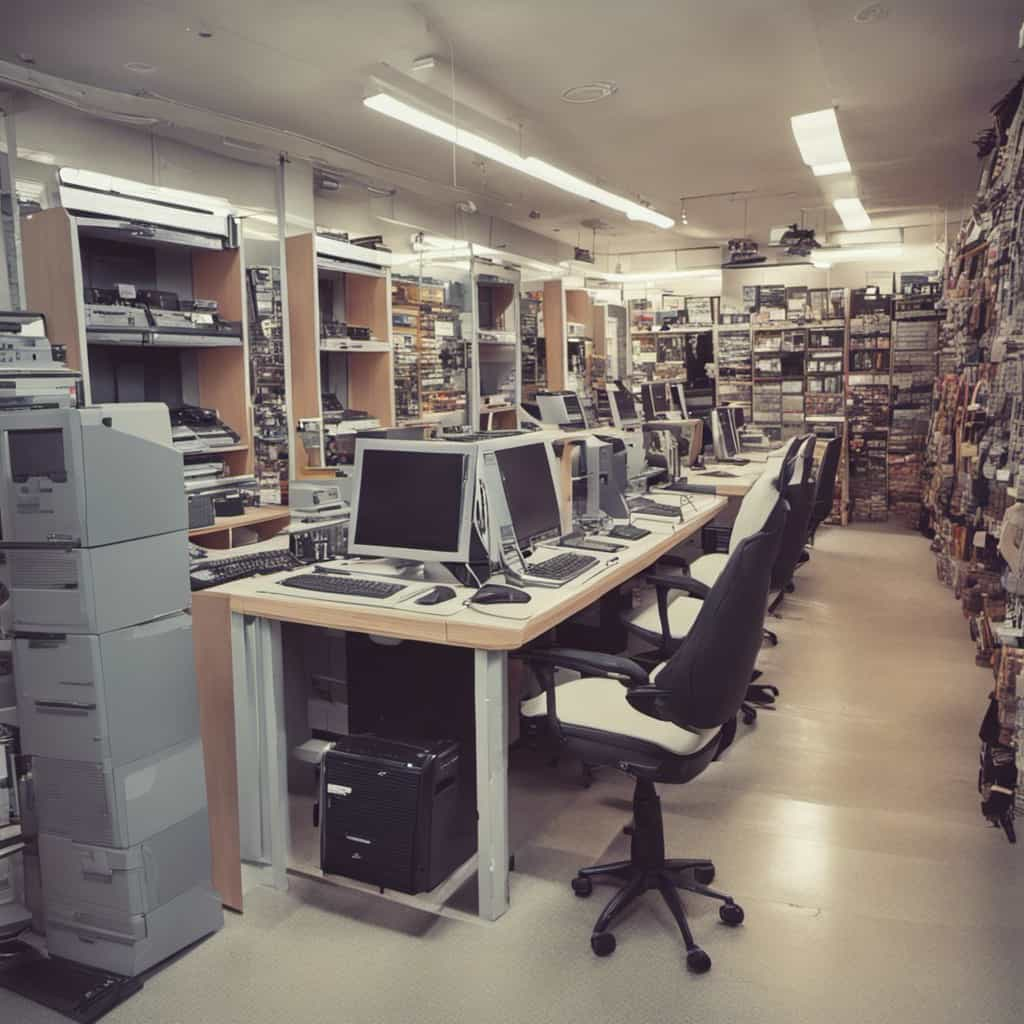Dell (Nasdaq: DELL) is hitting multi-year lows and, at 16 times trailing earnings, is attracting value investors that have coveted the stock from afar for years. Some of this latest decline can be traced to the company’s recent downward revision of earnings estimates. And this is precisely the noise that a contrarian investor looks to capitalize on.
But are Dell’s problems short-term in nature? Though the valuation appears alluring on the surface, I don’t yet own the stock. Here’s why.
Almost no recurring revenues
With the exception of small service and printer cartridges businesses, Dell has no recurring revenues — none! To grow a computer business 10% year over year, it has to sell as many computers as it sold last year, plus 10% more — not an easy task with computer prices on a steady decline.
The upgrade cycleIt is the last inning of the usual four-year PC upgrade cycle, and that’s not great news. However, Microsoft’s (Nasdaq: MSFT) Vista is likely to provide a new engine of growth for computer makers. It shifts a lot of processing from the CPU to the video and network cards, which will — in theory — improve the computer’s performance. To reap the benefits of improved functionality, users will need to upgrade to brand new, redesigned computers — great news for Dell. But will consumers and corporations looking to upgrade take a wait-and-see approach to Vista? Or will they install Vista on top of their existing, relatively new PC?
Laptops are still hot
Laptops are a bright light in the Dell story for several reasons. First of all, as more and more people switch to laptops from PCs, the upgrade cycle will get shorter — since a laptop’s useful life is about half that of a PC’s — good news for all PC manufacturers. Second, laptops are a less commoditized product. While PCs have been mostly impersonal commodities bought mainly on price or availability, laptops are a more personal product, with features that vary from one manufacturer to another. Dell got the laptops right. And as Wi-Fi becomes more of an everyday staple throughout the world (I assume), laptops could overtake PCs.
Eroding advantage?
Dell’s competitive advantage as a low-cost producer, which helped the company become what it is today, has been shrinking. But it is still there; Hewlett-Packard(NYSE: HPQ) and its competitors have been squeezing suppliers, becoming much more competitive on price.
In Dell’s defense, it still has a distribution advantage, since it sells its computers directly to customers, allowing the company to capture extra margin instead of sharing it with distributors and retailers. And it maintains much lower inventories, a very important competitive advantage. Dell is still the only manufacturer with a negative cash conversion cycle — it sells a computer and doesn’t need to pay for the components for more than a month, resulting in great free cash flows.
Converging prices
Back when a decent computer would cost a couple thousand dollars (seems like decades ago, doesn’t it?), price was a very important factor. But the prices of computers have declined so much that a $30-$50 price difference is not a very persuasive argument to go with Dell versus HP or another respected manufacturer. However, this may be a very U.S.-centric perspective. For consumers and corporations in developing countries — Dell’s source of future growth — $40-$50 is still a meaningful amount.
New products
Life beyond computers is uncertain. Dell has done a decent job of expanding beyond computers to printers and … really nothing else, at least not yet. It is an extremely efficient manufacturer, but not an innovator. It is too early in the game to determine if Dell will succeed or not, but the deck is stacked against it, insofar as it is competing against a new breed of innovative companies like Sony(NYSE: SNE) and Toshiba.
Poor customer service
To cut costs, Dell has dropped the ball on customer service. I’ve talked to many people who’ve had a terrible customer service experience. While I give management credit for realizing the problem and announcing plans to hire more customer service people in the United States, I wonder how this will affect the company’s margins. Is the damage irreparable? Not likely. Will it have to spend more money on advertising (further affecting thin margins) to convince consumers that things have changed? We’ll see.
Financials are still strong
Dell has a 58% return on capital, about 15% of its market capitalization is in cash, and its free cash flows are to die for. However, its core earnings, as calculated by Standard & Poor’s, stand about 30% lower than reported, thanks to significant stock option expenses.
Tempting, but will you regret it in the morning?
After reading this, the reader may find that the positives and negatives are pretty close. But two negatives in particular prevent me from buying Dell (at least at this price): lack of reoccurring revenues and a good possibility that the growth of PCs will slow down and laptop growth will not be able to make up the difference.
Glancing at the P/E, the stock appears to be inexpensive, especially in relation to its historical P/E. However, based on my discounted cash flow model, a GDP-like 4%-5% sales growth is priced into the stock. And at today’s price, I think that provides little margin of safety if the above scenario plays out for at least couple years.









0 comments